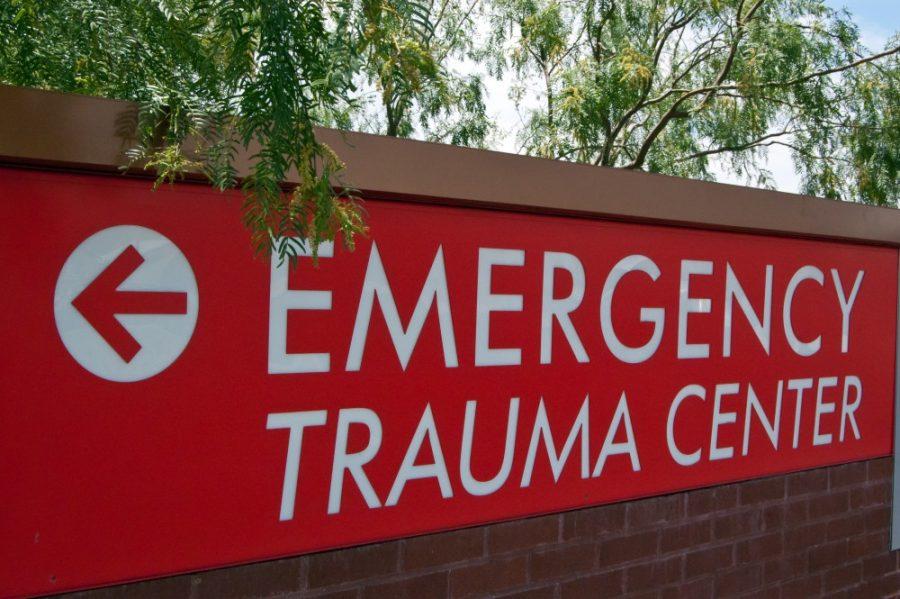Dr. Peter Rhee has been named to the Martin Gluck Endowed Chair after a group of charities promised to donate $1.7 million in support of the chair.
The gift, made by a group of Tucson organizations operating as Tucson Foundations, brought the total funding of this endowment to $2 million, with $300,000 from a separate fundraising event.
The endowment will operate like a savings account, with a large amount of money left in place to generate interest. The interest will then go toward funding Rhee’s position.
Rhee is Chief of Trauma, Critical Care and Emergency Surgery in the University of Arizona College of Medicine’s Department of Surgery. He garnered international fame in the aftermath of the Jan. 8, 2011 shootings, which killed six people and wounded 13, including former Rep. Gabrielle Giffords.
Rhee generates his own salary and pay for expenses by treating patients. Rhee’s division has approximately $4.7 million in operating expenses each year. Endowments and other gifts allow Rhee to spend more time doing research, which leads to possible new technologies and better patient care.
According to Rhee, this sort of research has led the University of Arizona Medical Center to become one of the top trauma centers for brain injuries.
Recent figures show a rapid increase in the percentage of patients who have been brought to UAMC with brain trauma and survive, such as Giffords.
According to his data from late 2007, when Rhee came to the UA, the survival rate of these patients was approximately 10 percent. Today, it is 40 percent, while most hospitals in the country have rates between 5 percent and 12 percent.
“We are better at treating people who are shot in the brain than anyone else in the country,” Rhee said.
Today, Rhee and his team continue to work on a variety of research, some of which involves utilizing existing, “off-the-shelf” technology, such as iPads and iPhones, to improve patient care.
Rhee wants to utilize this technology to improve communication between medical staff caring for a patient. Some uses include hiring programmers to write special software, allowing doctors to notate information about a patient’s condition on a multi-dimensional model. Other uses involve telemedicine, which allows specialists like Rhee to provide assistance and advice to other medical professionals remotely.
In the future, the endowned chair will serve as a recruiting tool for successive division chiefs. According to the College of Medicine, it is the second endowed chair in the Department of Surgery, and is among 41 within the college.









